For eons we’ve used bee products in traditional medicine, and with good reason. You’d be surprised just how much goodness can come from something so small.
By Pepper Passport
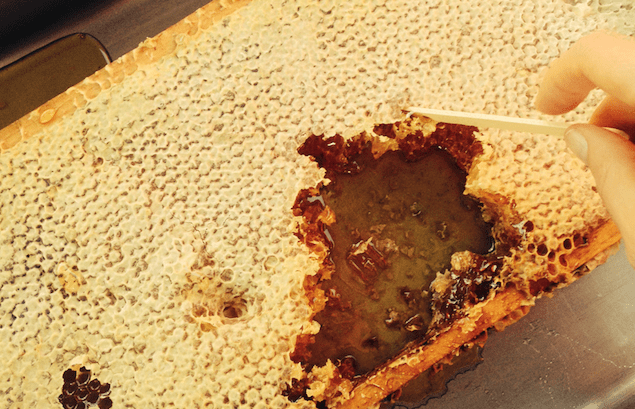
It’s no secret that bee products (mainly honey) hold medicinal benefits. The ancient Egyptians used it extensively in their medicine and when we were younger we’d be told to swallow a little for a sore throat. Studies have shown that wounds treated with this sticky golden substance don’t just assist and quicken the healing process; but also decrease the probability of scarring and diminish wound odours.
But it’s now emerging that honey isn’t the only bee product that’s packed with benefits; those of which come into the products owing to the bee’s hard work, and their ingestion of multiple other good things found in plants and nectar.
Raw unfiltered honey
This is not what you buy from the supermarket in a squeeze tube. It’s akin to what you’d consume were you to place your finger in a beehive and draw out what’s inside. Luckily for us there are others to do that – and notably while wearing bee keeping suits so we needn’t upset a swarm of bees to get the good sweet stuff out.
The reason for consuming raw and unfiltered honey? This is honey at its most pure and original form. The bees have been out collecting the nutrient packed nectar from flowers and mixed it with their own saliva that’s rich with enzymes. They’ve then returned to the hive and made their deposits that are rich with flavanoids – the plant based polyphenols known for antioxidant activity and important for human health. Case made – owing to the production process honey direct from the hive is bursting with benefits. And as it hasn’t been processed, heated or filtered, all that’s good inside hasn’t been removed. Best purchased directly at the market stall or health food shop, and remember when buying keep in mind that the harder the honey is, the higher the level of nutrients contained.
Bee Pollen
Ever wondered why they sprinkle those funny little crystals on your smoothie at the raw food bar? Bee pollen is beyond packed with good stuff. And along with eggs has been referred to as nature’s ‘most perfect food’ for it’s heavy with vitamins and contains nearly all nutrients required by humans. It’s particularly good for vegetarians as it’s protein rich and more so than any other animal source, with bee pollen containing more amino acids than beef, eggs, or cheese when compared with portions of equal weight. Sprinkle a little over breakfast – be it porridge or a bowl rich with grains, yoghurt and fruit… interestingly the sugars in the fruit assist in the pollen’s digestion and benefit release.
Propolis
This is the substance bees gather from the leaves of trees and vegetables. They then transform it by mixing with wax back at the hive and then using as a microbicidal agent to disinfect and protect their homes – and it’s reported that for over 2,300 years humans have been using it to guard against infection too. Over 300 compounds have been found in samples of propolis and it possesses antimicrobial, anti oxidative, anti-ulcer and anti-tumor properties. The hardest bee product to source, try health food stores or look online.


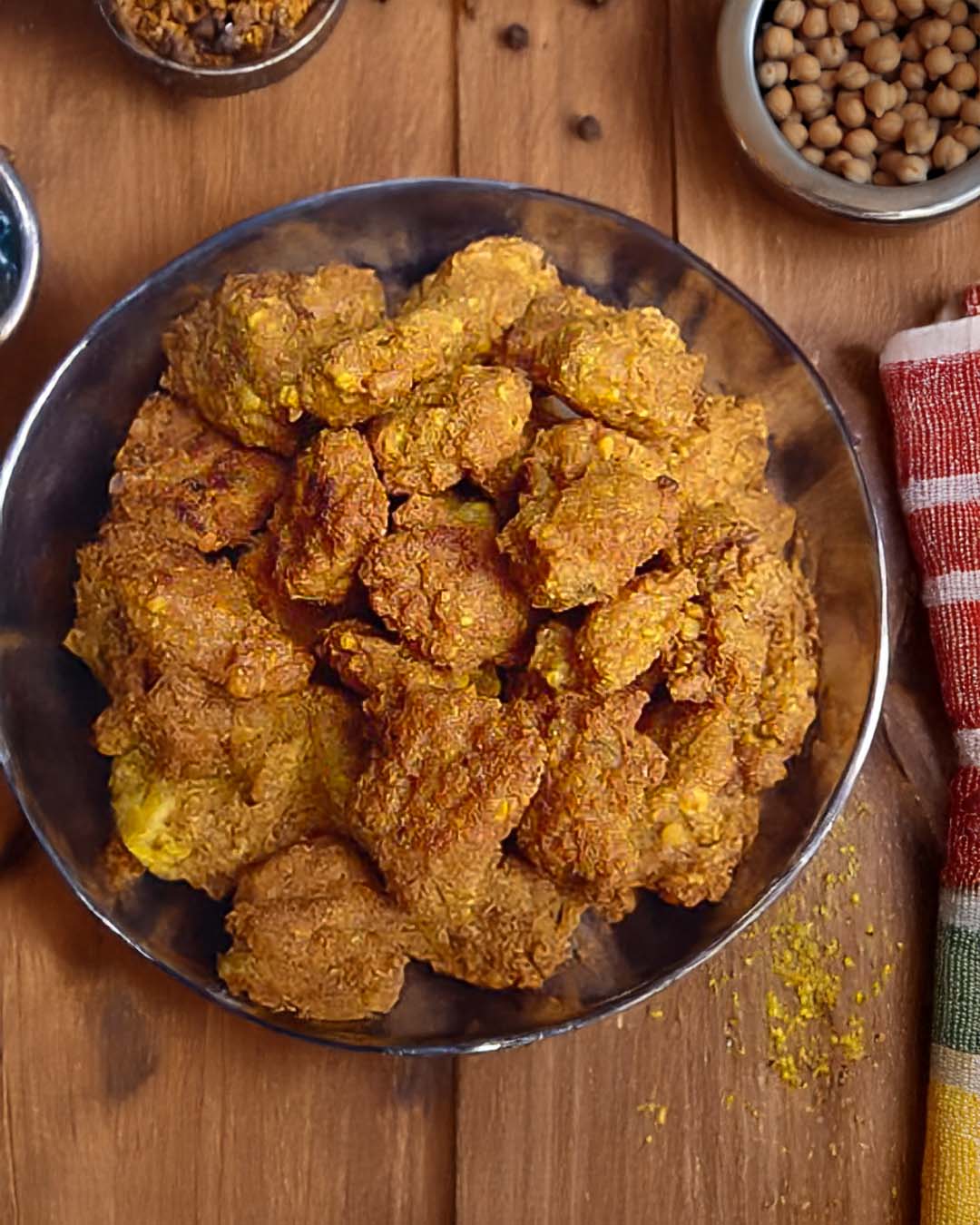
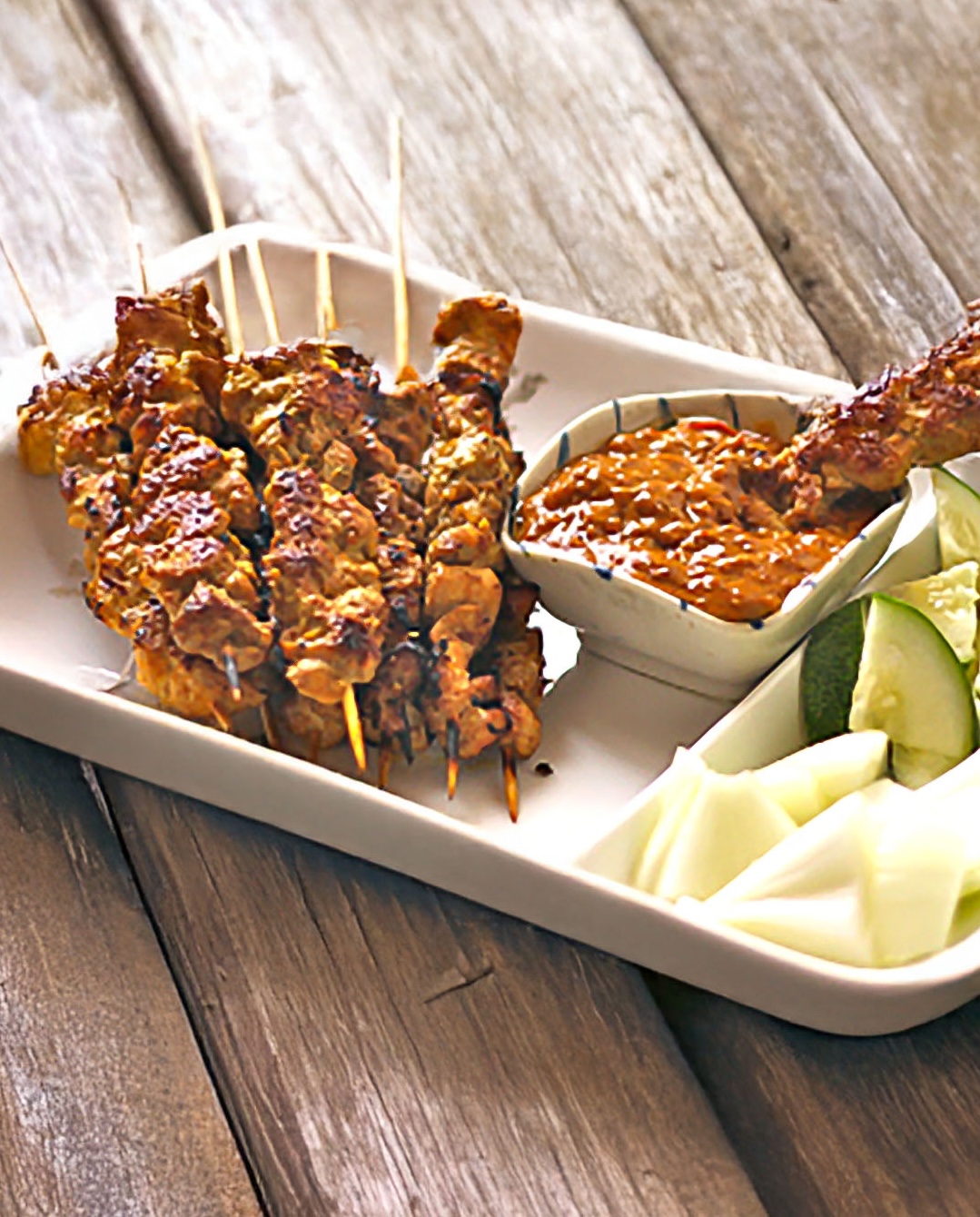

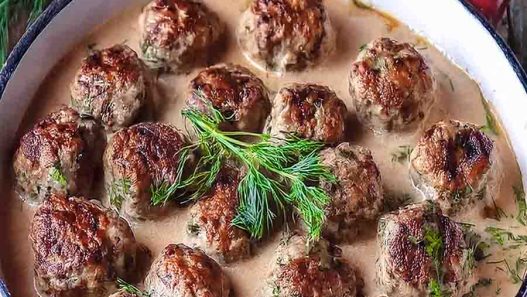
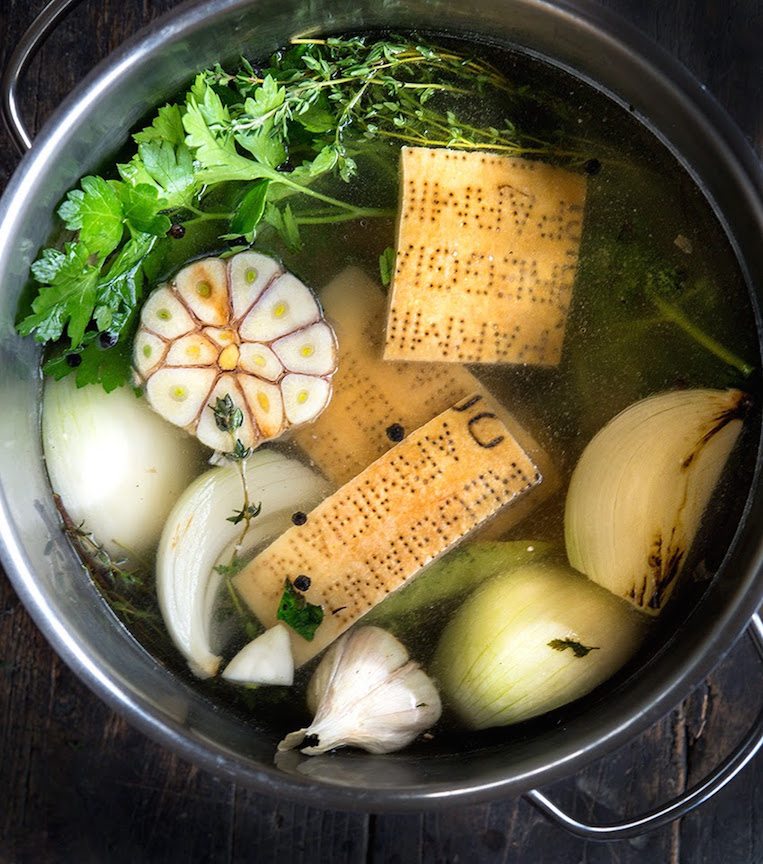
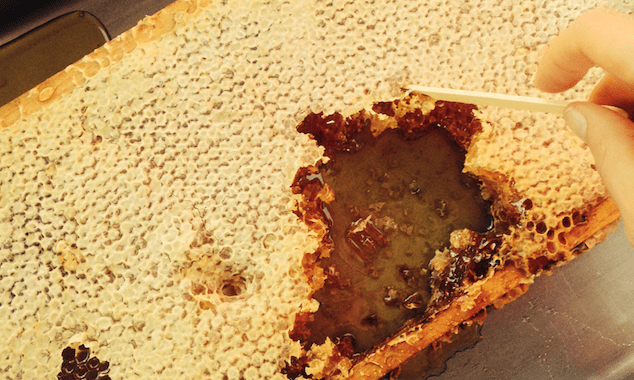
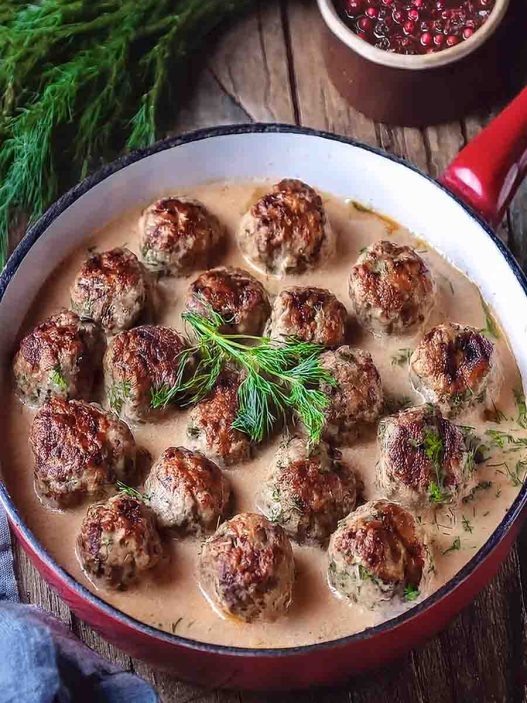

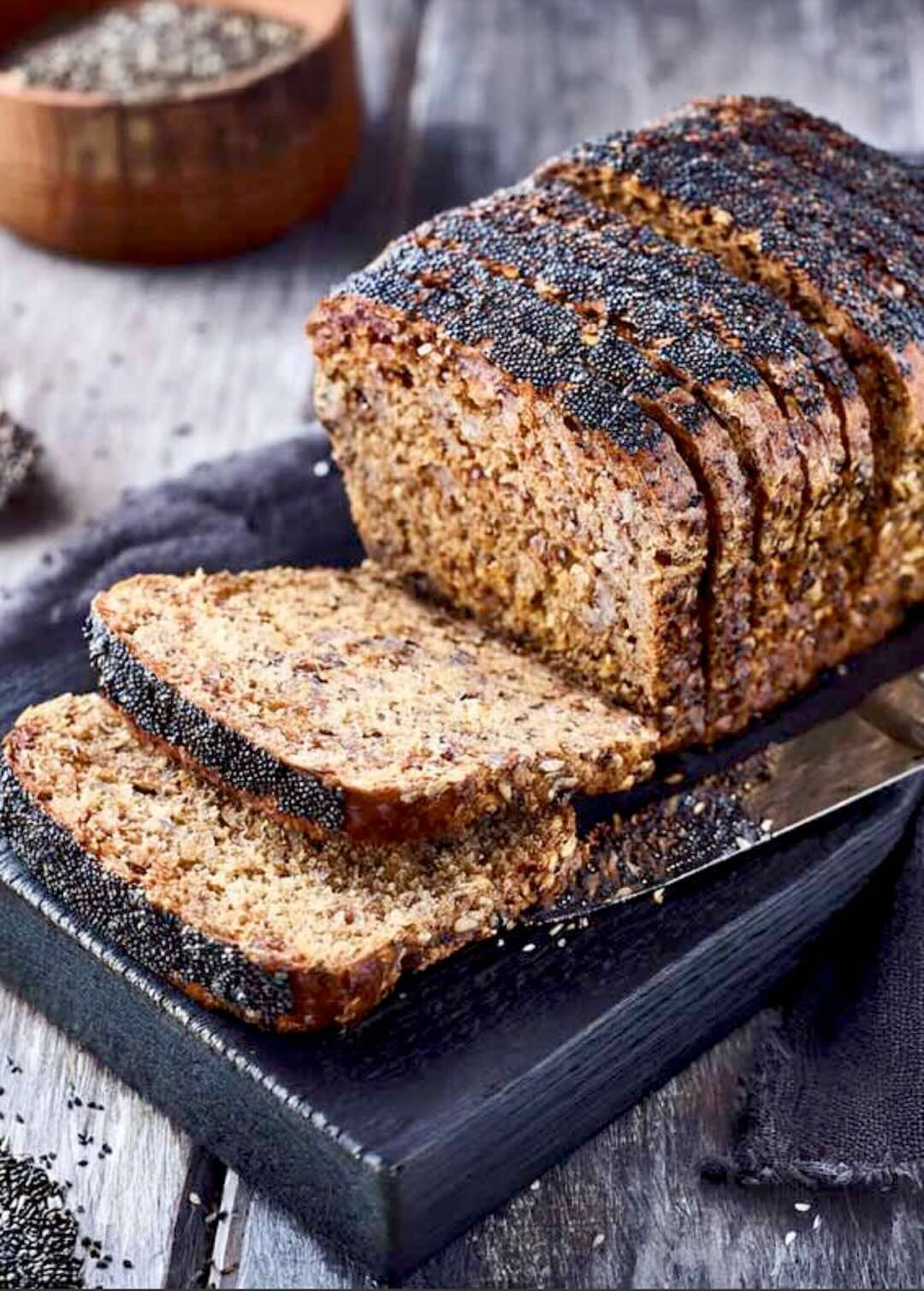
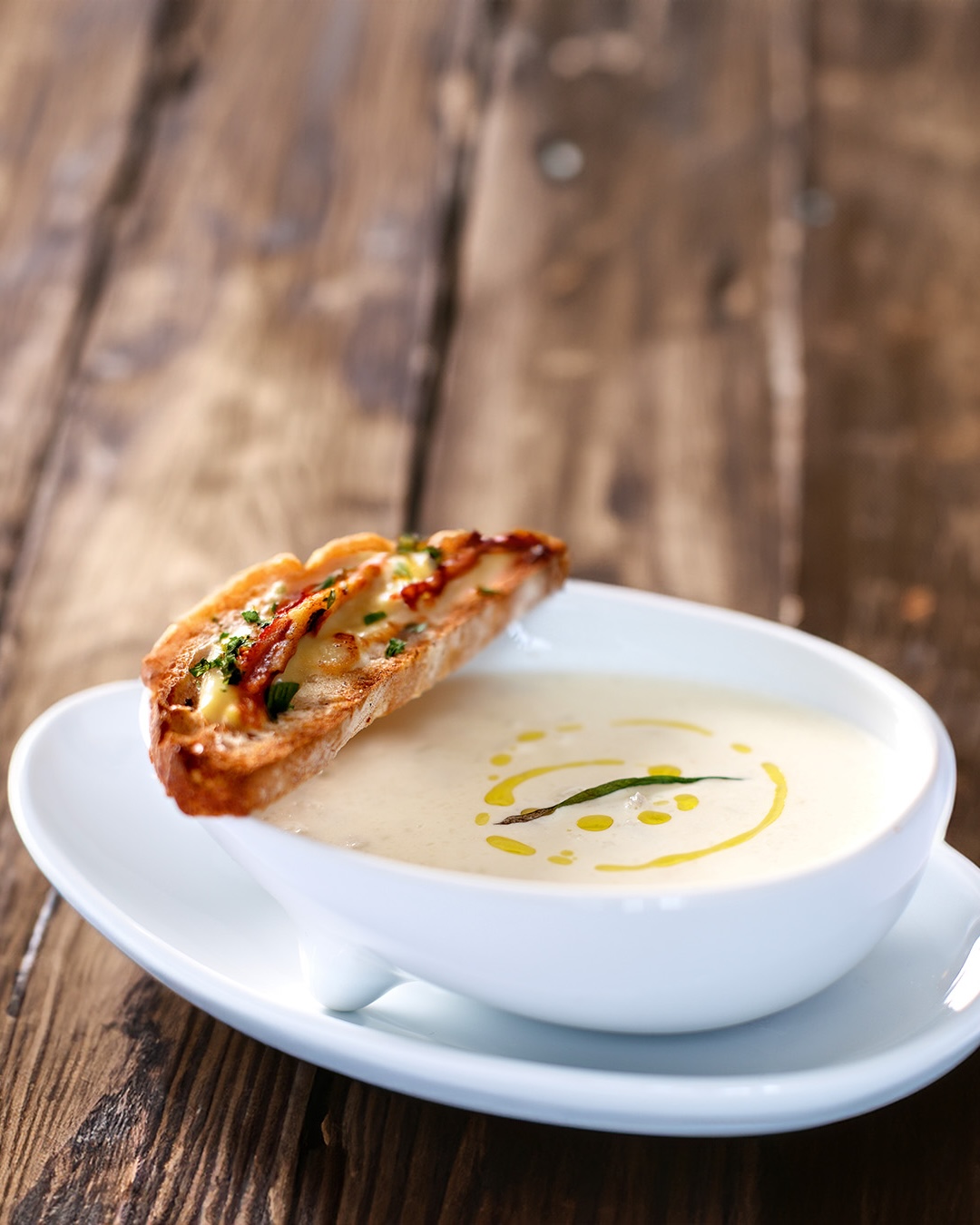
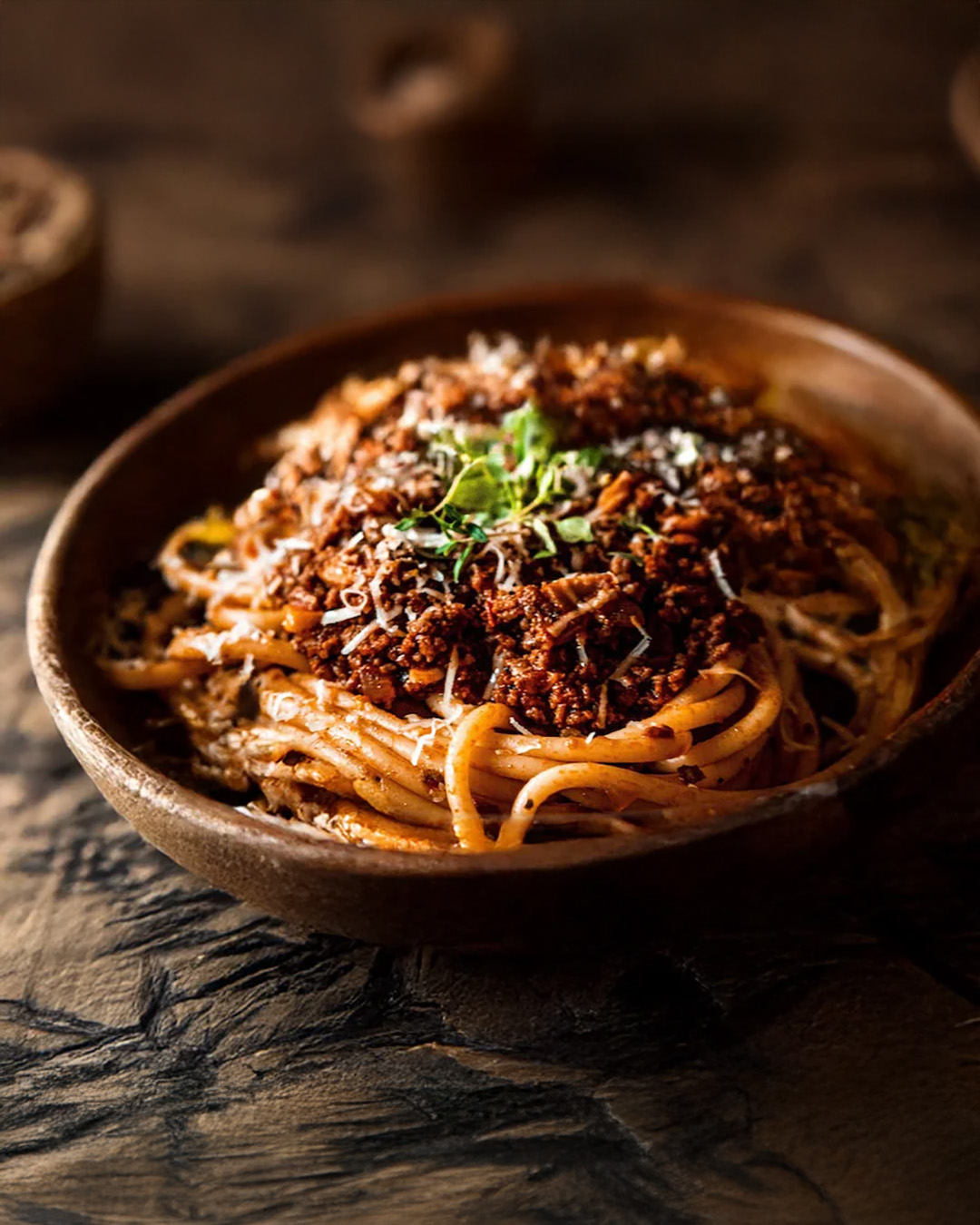
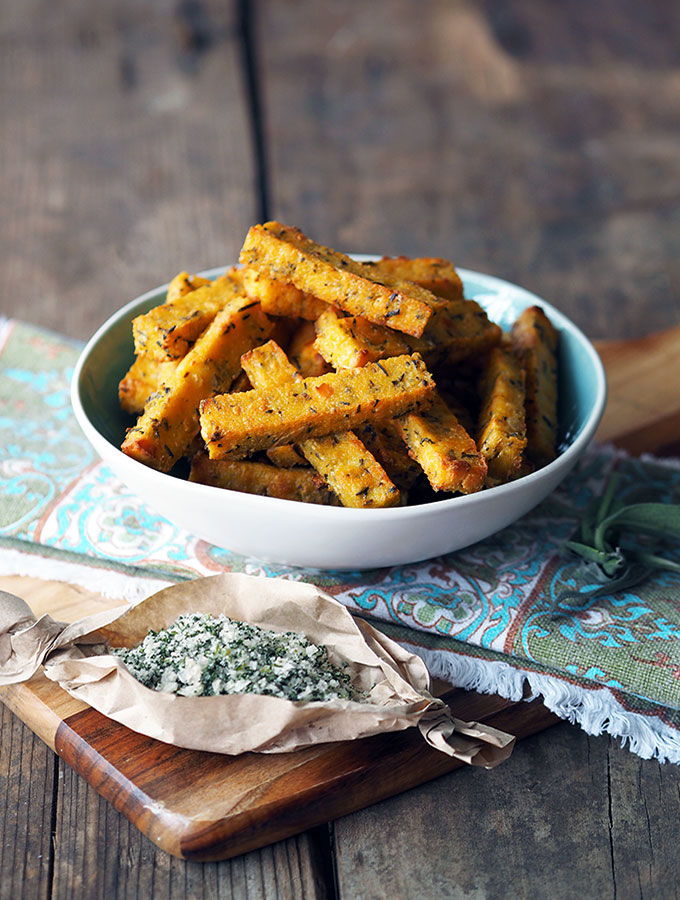
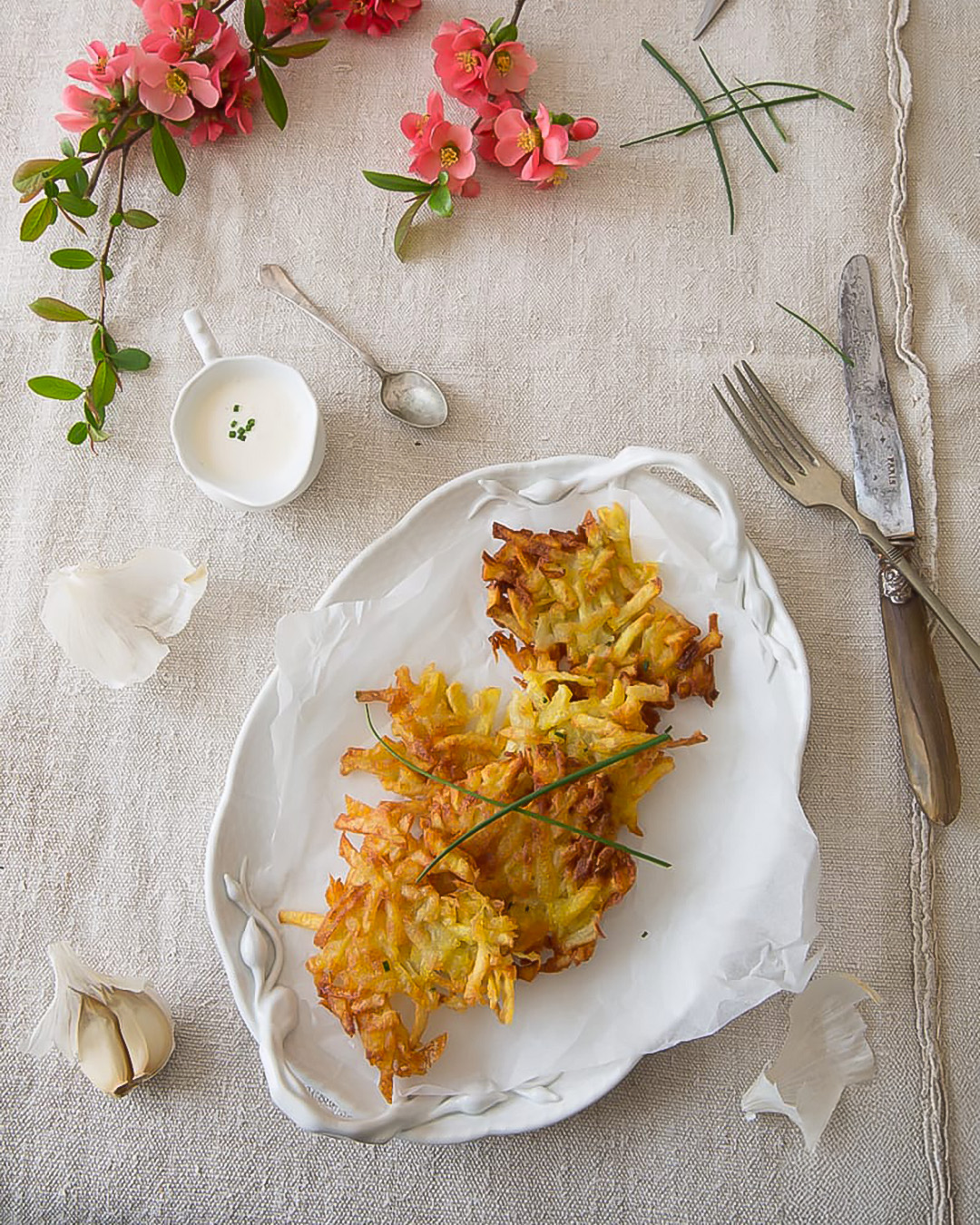
Where can I find the bees